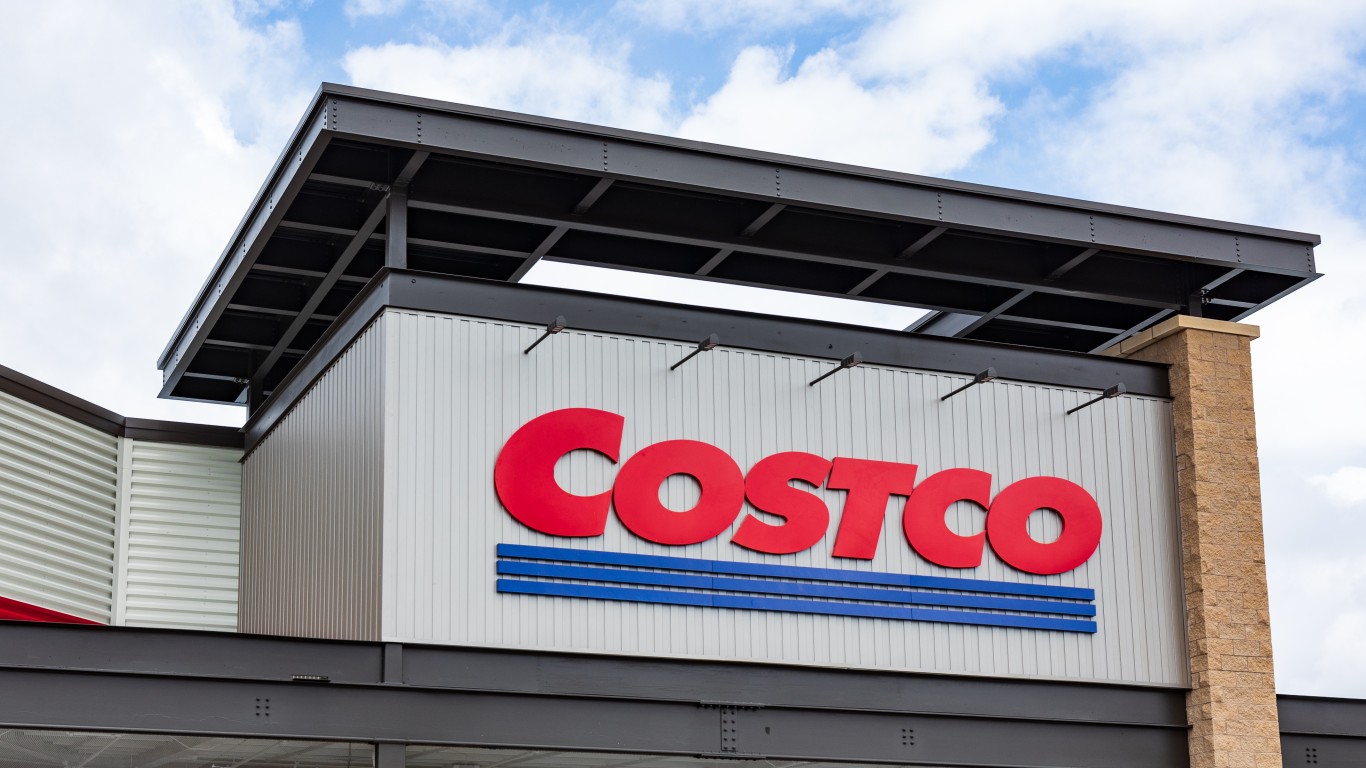
The fight against Amazon.com Inc. (NASDAQ: AMZN) is growing every day. The e-commerce empire has pushed its delivery services to the next level, through controlling the last mile of shipping. However, other firms have taken notes and are looking to build similar models. The Kroger Co. (NYSE: KR) announced Monday morning that it is offering home delivery at a majority of its stores in both Puget Sound and Portland, through a partnership with Instacart, a nationally recognized on-demand retail delivery service.
Kroger’s partnership supports its previously announced Restock Kroger Plan, which is working to expand the company’s partnerships to create customer value and redefine the food and grocery customer experience.
If anything, this is also taking a swipe at Amazon for breaking into the grocery business with its Whole Foods acquisition that took place this past summer.
QFC’s Instacart operates as a partner to Kroger and other major grocery chains. While Kroger may not have complete control over the delivery process like Amazon, this is a step in the right direction, and some day Kroger might acquire such a service or just create its own.
Suzy Monford, president of QFC, commented:
By offering home delivery in addition to in-store shopping and online ordering for curbside pickup, we are listening to our customers who are telling us they want the convenience of shopping anyway they choose. We know that our customers are busier than ever but still want to feed their families fresh, healthy foods that are available at low prices. This new partnership allows our customers to have their groceries delivered to their doorsteps as soon as two hours after placing an order.
Excluding Monday’s move, Kroger had underperformed the broad markets, with its stock down about 26% year to date. Over the past 52 weeks, the stock was down about 23%. However, in just the past month the stock is up 23%, so there has been some positive momentum building into this holiday season.
Shares of Kroger were last seen up nearly 5% at $26.90, with a consensus analyst price target of $26.09 and a 52-week trading range of $19.69 to $36.44.
Amazon traded down about 1% at $1,151.96 a share, with a consensus price target of $1,249.82 and a 52-week range of $742.00 to $1,213.41.
Are You Still Paying With a Debit Card?
The average American spends $17,274 on debit cards a year, and it’s a HUGE mistake. First, debit cards don’t have the same fraud protections as credit cards. Once your money is gone, it’s gone. But more importantly you can actually get something back from this spending every time you swipe.
Issuers are handing out wild bonuses right now. With some you can earn up to 5% back on every purchase. That’s like getting a 5% discount on everything you buy!
Our top pick is kind of hard to imagine. Not only does it pay up to 5% back, it also includes a $200 cash back reward in the first six months, a 0% intro APR, and…. $0 annual fee. It’s quite literally free money for any one that uses a card regularly. Click here to learn more!
Flywheel Publishing has partnered with CardRatings to provide coverage of credit card products. Flywheel Publishing and CardRatings may receive a commission from card issuers.
Thank you for reading! Have some feedback for us?
Contact the 24/7 Wall St. editorial team.



